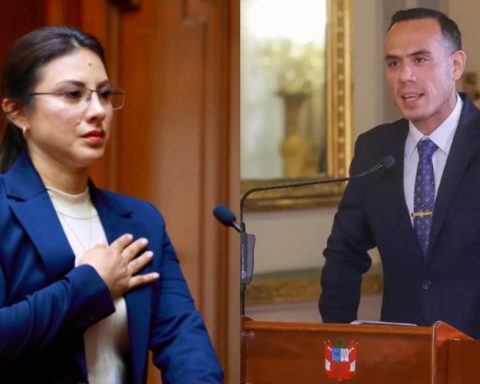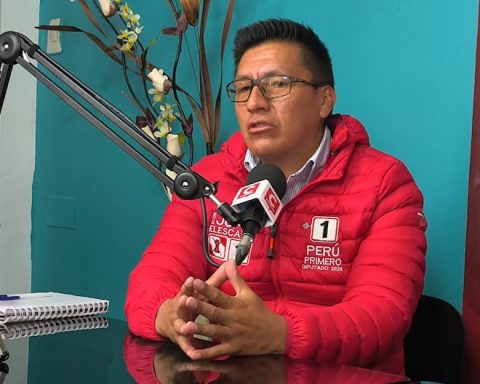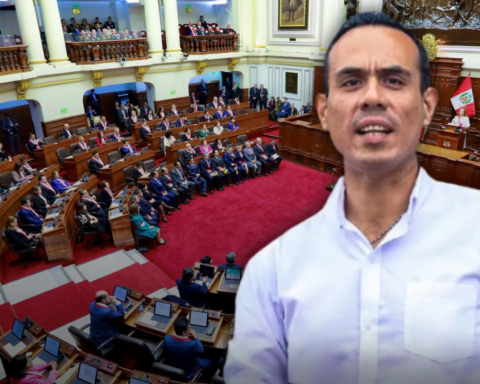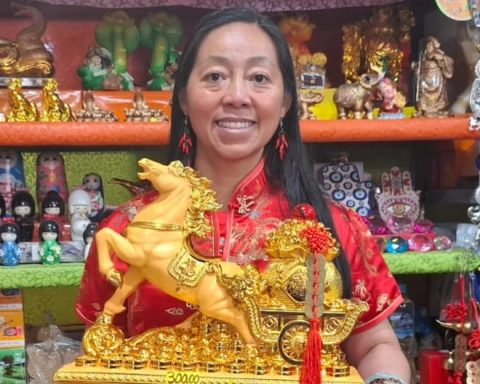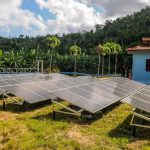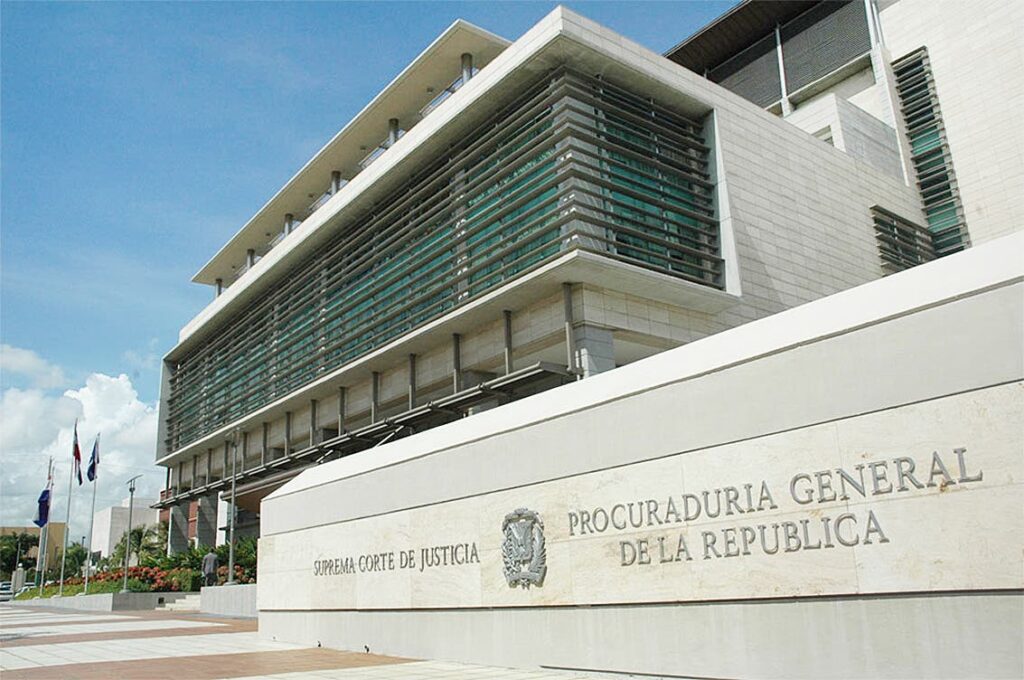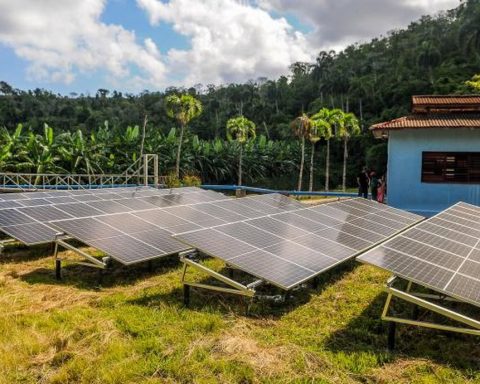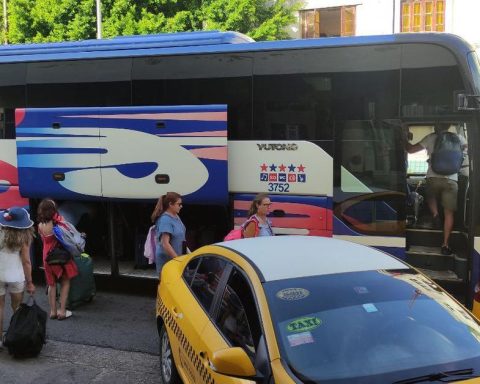Within the framework of International Women’s Day (March 8), it is necessary to continue taking an introspective look at violence against women and girls in Peru.
According to the Ministry of Women and Vulnerable Populations (MIMP), only during 2021, 136 cases of femicides were registered; that is, a victim is registered approximately every 3 days, of which 13.2% are girls and adolescents.
Likewise, the AURORA National Program recorded that, during 2021, 22,456 cases of sexual violence were treated at the Women’s Emergency Center (CEM), of which around 14,500 cases correspond to women under 18 years of age, that is, 64 .6% of the total.
“Women in Peru go through different violations of their rights throughout their lives, being recurring survivors of gender-based violence (GBV). For this reason, at Plan International we are committed, from our global strategy, to girls, adolescents and young women in all their diversity being able to learn, lead, decide and prosper for their full development and the achievement of equity in society.”, said Veronique Henry, country director of Plan International Peru.
The campaign aims to make visible all the burdens subject to social norms that pigeonhole people into stereotypes and that perpetuate the inequitable barriers that women face from childhood. According to Plan International, the violence figures are just the tip of the iceberg of the structural gaps that women face in accessing education, decent work, justice and development.
Throughout their lives, girls and women face burdens that translate into limitations to achieve their security and autonomy: in childhood, for example, disparity in access to education has meant that 25% of girls in areas rural women do not know how to read or write, reducing their opportunities for professional development, situations that are also aggravated for rural, indigenous, migrant, Afro-Peruvian, sexually diverse women, among others.
This situation has worsened during the pandemic, since many girls, adolescents and women have had to assume the double burden of continuing to fulfill their professional or school responsibilities together with those of domestic care, further increasing the existing inequality. In this regard, UNICEF commented that while adolescent women dedicate eight hours a week to housework and care, men only five.
From Plan International Peru, aligned projects are being carried out to face the violence experienced by girls and young women, and release the burden they carry. Among the actions are: spaces with girls, adolescents and young women to strengthen their leadership and agency, questioning gender stereotypes; work with boys, adolescents and men for the construction of new masculinities and commitment to reject all types of violence; I work with mothers, fathers and caregivers, to ensure the affective and non-violent upbringing of their daughters and sons.
On the other hand, actions are developed with local leaders, schools, public and private entities are involved in comprehensive actions to address these gaps.
RECOMMENDED VIDEO
Feminist strikes: five examples of successful women’s protests around the world
:quality(75)/cdn.jwplayer.com/v2/media/RkA5nosI/poster.jpg)
